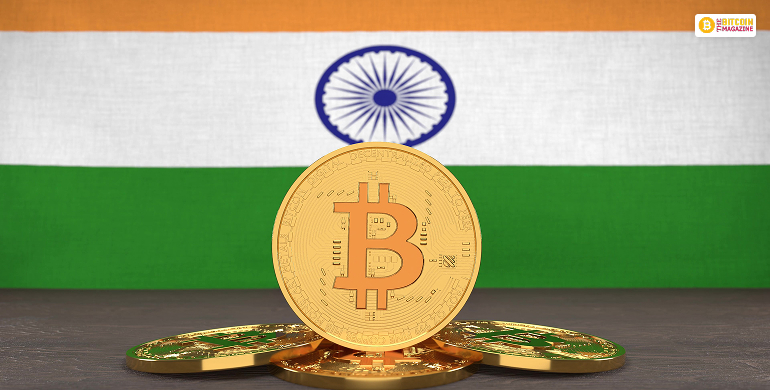Crypto trade is no longer restricted to a classified trade category now in India. A widely spreading digital asset class is taking crypto to the masses. But there’s still a major roadblock that India needs to solve. Crypto isn’t a legal tender in India, till date.
Neither is it illegal here.
The grey area has left investors baffled. Otherwise, there is no dearth of institutional sharks willing to take on the risk on assets, in India. You may buy stages of crypto. But the real problem is that there is no definitive regulation on how to pay crypto tax in India.
# The Big Change
In the last 2 to 3 odd years, The Indian Government took some firm steps towards easing crypto trade in the country, in line with the substantial financial growth projections.
The Indian GDP per capita PPP is supposed to grow as much as $10,992 in 2027. It suggests a positive growth in the individual financial wellbeing of the salaried and average earning class.
So, Indians have abundant disposable income to fund the risk on assets. To ease the process, The Indian Government has introduced a clear taxation regime, subjecting all important entities to clear compliance requirements.
# Evolution of India’s Crypto Regulatory Scheme
Crypto regulations in India are gradually being funneled and streamlined. The first thrust came with the Supreme Court’s 2020 judgment over the Internet and Mobile Association of India vs. RBI.
The court’s decision sterilized the RBI’s decision to restrict banks from processing retail crypto transactions through their blockchain gateways. Post 2020, the government emphasized plans to tax and regulate the crypto sector properly.
The crypto tax in India 2025 charter is still unprepared. Investors are still pining for legal tender of cryptos. That’s still a grey area. However, the government has at least classified a Virtual Digital Assets category and substantiated it with the Finance Act of 2022.
With that the Equity derivative rule has been tightened too. See the demo below for more references.

Image Resource: https://www.coingecko.com/research/publications/2025-q1-crypto-report
# The Section 115BBH of The Finance Act of 2022
According to this act, you have to pay a flat tax of 30% on all income generated from virtual digital assets transfers. The rate is the same, whether you are making long-term or short-term gains. Whenever there is a transaction in the virtual assets category, you have to pay a flat 30% tax. The tax is the same and holds for crypto, digital gold, or credit card return bonuses!
# A Quick Demo
- Here’s a crypto transaction scenario, if you are executing the trade in India:
- First you buy BTC worth INR 1,00,000. After a reasonable time span, you sell it for INR 150,000.
- Naturally, your profit is INR 50,000, straightaway. But that is just your pre-tax income. So, what would be your tax-deducted income?
- It would be INR 50,000 – Income Tax (30% of 50,000=15000) = INR 30,000
- Simultaneously, you have to pay TDS over the gross amount of INR 1,50,000. That comes down to INR 1500.
- Therefore, the net earnings are INR 150,000 – INR 15,000 – INR 1,500 = INR 1,33,500.
# Clauses for Foreign Crypto Traders
If you are based in India and want to trade in international crypto, you might have to abide by the clauses of The Foreign Exchange Management Act of 1999 (FEMA). However, there is a dearth of mass awareness. Still, a lot of people search “how to avoid crypto tax in India” on Google every day.
The RBI is yet to clarify the rules to be applied to cross border crypto transactions. However, that does not disbar you of tax liabilities.
If you are still searching- “Is Binance p2p taxable in India”? Stop now! That’s as taxable as other income assets here.
Coindcx mentioned in their latest report that you have to submit a full disclosure of your foreign crypto holdings under the Sch FA of the Income Tax Rule in India. Once the ecosystem of the tax regime is in place, India’s crypto trade scale may shoot much higher up!

